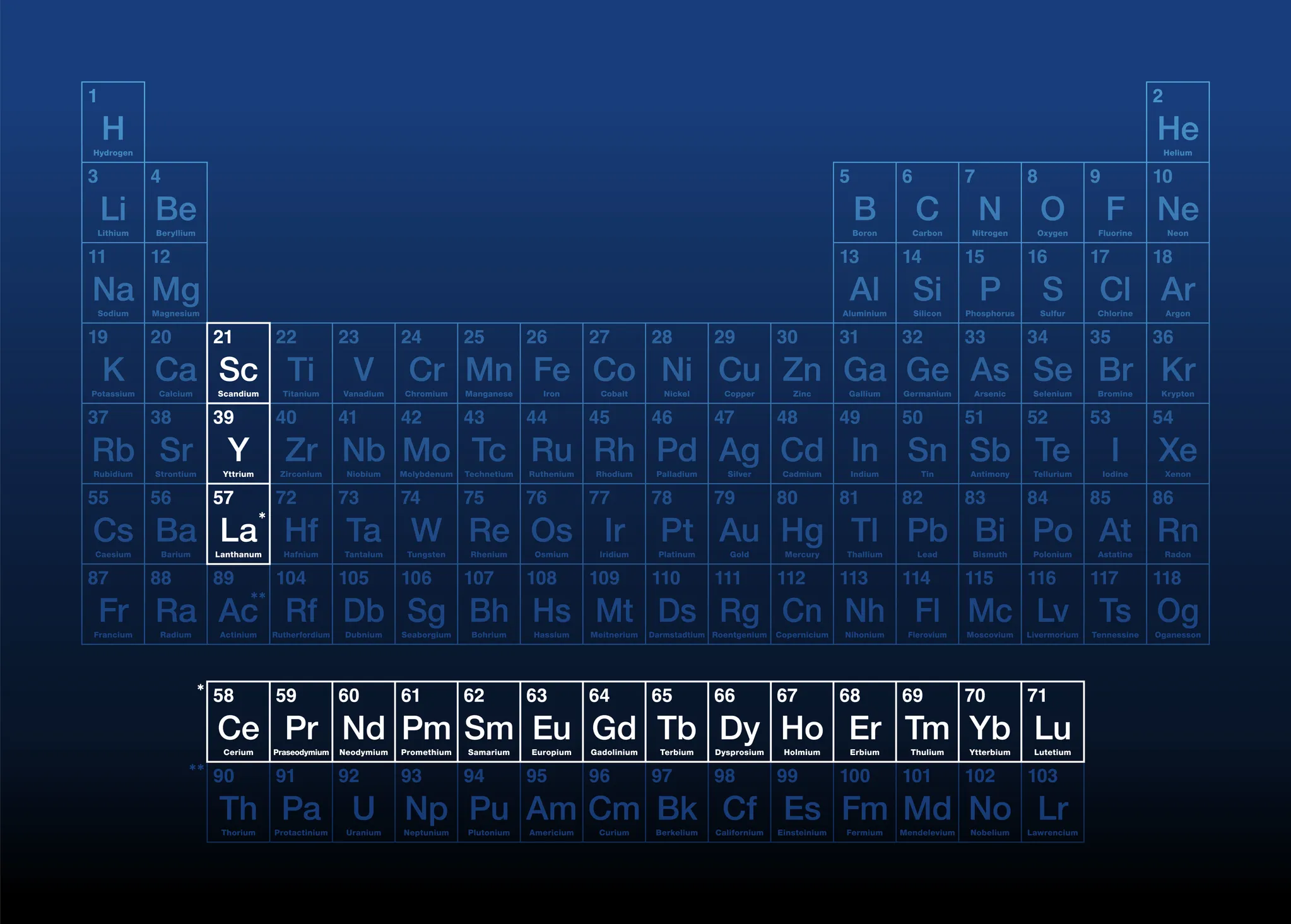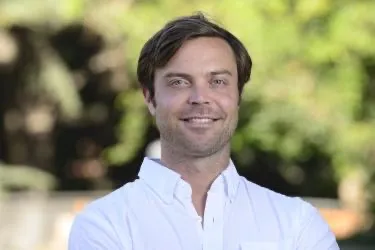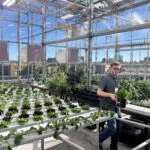Out of stealth mode
Boulder firm emerges to revolutionize rare earth metal extraction

BOULDER — Rare earth metals are critical components of many electronic devices, but the elements, which have unique and extremely useful properties, are difficult and expensive to mine, with China controlling much of the global supply chain.
Alta Resource Technologies Inc., a Boulder-based startup that recently emerged from stealth mode with a $5.1 million seed round, plans to change that.
“Rare earths are a little bit of a misnomer — rare earths aren’t actually that rare,” Alta co-founder and CEO Nathan Ratledge told BizWest. “You could probably throw a quarter from wherever you’re sitting and hit one. But they occur at very low concentrations, and they’re used for very specific things.”
SPONSORED CONTENT
The traditional process for extracting rare earth metals is “horribly toxic,” he said. “We can’t even permit it in the United States anymore. … So starting in the late 1990s and early 2000s, the Chinese government, very successfully, started monopolizing the mining industry,” which has resulted in major national-security headaches for U.S. leaders concerned that the Chinese could suddenly turn off the tap and strangle the country’s electronics manufacturing capabilities.
“There is an enormous need for new technology across the mining industry. It is terribly outdated,” Ratledge said. “The current processes are pretty toxic, and that creates a huge opportunity for innovation and value creation. Sort of like the nuclear industry, the United States just hasn’t invested a whole lot in mining innovation for decades.”
Meanwhile, “we’ve had these really epic growth trends in chemical engineering and synthetic biology and biochemistry that have been deployed in other industry sectors,” he said.
What if cutting-edge biochemical technologies were applied to the stagnant mining industry?
Alta claims to have created a technological process that uses custom-designed proteins to more efficiently, cleanly and cheaply separate rare earth metals. The process, the company said, can be used in both mining and in recycling of e-waste.
Ratledge compares Alta’s technology with the development of hydraulic fracturing techniques several decades ago in the sense that it allows for the extraction of resources that were otherwise very difficult to access. “We need the same sort of technological breakthrough in the mining industry. … The whole space is just ripe for innovation and entrepreneurship.”
Alta’s technology uses “immobilized protein” to separate rare earths from surrounding minerals, Ratledge said. “Even if it’s non-living, (the protein) retains its functionality. You can think of it like a tiny biological robot.”
The company is largely focused on recycling rare earth metals from permanent magnets, which are used in most things with “motor based functionality, like your smartphone, the computer you’re on right now, wind turbines, electric vehicles,” Ratledge said.
“The minerals that we’re focused on sell for $50,000 to hundreds of thousands of dollars a ton. They’re extraordinarily valuable,” he said. “So it makes every sense in the world to recycle them, even before you even consider the geopolitical concerns.”
Ratledge, a classical economist by training, was studying at Stanford University when the concept for Alta began percolating.
“Being in Silicon Valley for a while, you start thinking, boy, it might be fun to build technology rather than just studying the economics and finance of technology,” he said.
Ratledge connected with University of Colorado chemical and biological engineering professor Tim Whitehead, an expert in protein design, and worked out a technology-licensing deal with Lawrence Livermore National Laboratory in California. “That gave us a hot start,” he said.

Once the technical side of the operation began coming together, Alta’s leadership started considering the nuts and bolts of building a business.
“We were faced with a hard decision,” Ratledge said. “We could build in Silicon Valley, which is the greatest place in the world to build companies, unless you’re building hard tech companies. …And the whole Front Range, from Boulder to Denver and all the way up to Fort Collins, has what I consider to be one of the most rapidly developing startup scenes in the U.S.”
The region, with its world-class universities and laboratories and high quality of life, is teeming with talent, Ratledge said. Plus, “it’s much cheaper than California.”
So Alta, which now has about 15 employees, set up shop at Jennie Smoly Caruthers Biotechnology Building at CU. “They lease out space to startups, which has been fantastic,” Ratledge said. “So huge hat tip to CU, that’s been extraordinary.”
Alta’s seed round was led by DCVC and Voyager Ventures, with participation from Orion Industrial Ventures, Overture and WovenEarth Ventures. Ratledge said the company has also secured about $1 million in grant funding from the U.S. Defense Department and the Colorado Office of Economic Development and International Trade.
Ratledge said Alta plans to use the lion’s share of its new capital on “staff and equipment” as the company “prepar(es) for a pilot in 2025.” Details on the pilot program remain quite hush-hush for the moment.
“Alta is pioneering an entirely new approach to critical mineral production through advanced biochemistry,” Voyager Ventures investment director Leo Banchik said in a prepared statement. “The team has developed a breakthrough platform that combines advanced protein engineering with industrial-scale processing to extract and refine critical materials with unprecedented efficiency at breakthrough cost levels. This creates both an incredible business opportunity and a chance to secure strategic mineral supply chains. We’re thrilled to help build a company with such transformative potential.”
Rare earth metals are critical components of many electronic devices, but the elements, which have unique and extremely useful properties, are difficult and expensive to mine, with China controlling much of the global supply chain.





